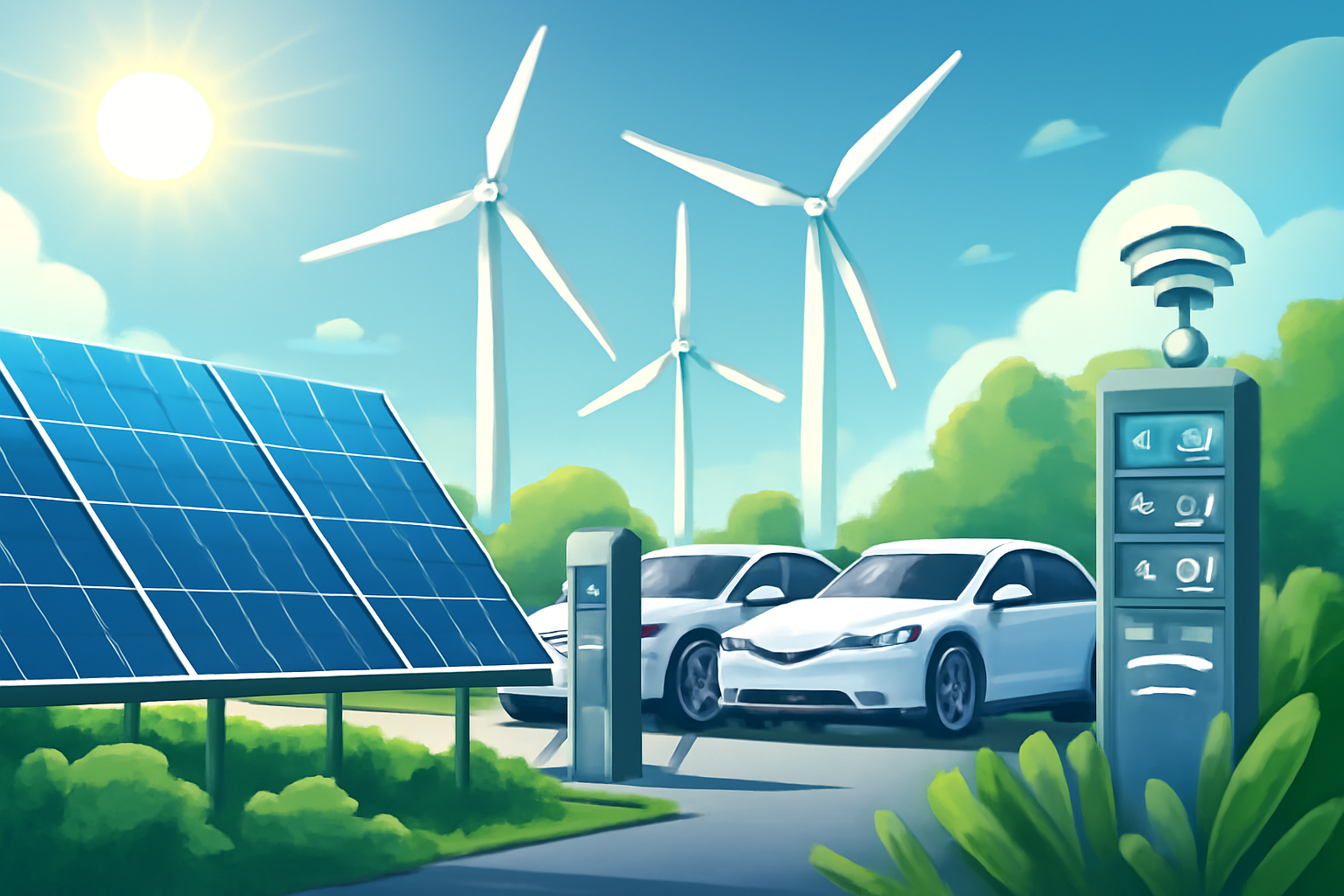In 2025, digital marketers and content creators are increasingly turning to automation to streamline workflows, improve consistency, and scale operations. Automation tools help eliminate repetitive tasks, optimize campaign performance, and empower teams to focus on creativity and strategy.

Why Automation Matters in Content and Campaign Management
With growing digital channels, audience expectations, and data complexities, manual handling of content scheduling, social posting, and ad management is no longer sustainable. Automation reduces errors, speeds execution, and delivers data-driven optimizations automatically, making it essential for efficiency and ROI.
Top Automation Tools in 2025
1. HubSpot Marketing Hub
- Unified platform combining email automation, social media scheduling, CRM, and analytics.
- Visual workflow builder for campaign automation with triggers based on user behavior.
- AI-powered content optimization suggestions.
2. Zapier
- Connects 3,000+ apps to create no-code workflows automating tasks across tools.
- Automates content distribution, lead nurturing, reporting, and data syncing.
- Ideal for complex, custom integrations without developer support.
3. Hootsuite
- Extensive social media scheduling and listening platform.
- Automated posting across networks at optimal times.
- Collaboration and approval workflow features.
4. Buffer
- Easy-to-use social media scheduling with analytics.
- Automation rules for content queues based on category or campaign.
- Simple team management.
5. ActiveCampaign
- Advanced email marketing and CRM with automation for customer journeys.
- Integrates sales pipeline tracking with marketing automation.
- Predictive sending for optimized email delivery.
6. Monday.com
- Comprehensive workflow automation platform that supports marketing teams.
- Customizable automation recipes for approvals, notifications, task assignments.
- Real-time collaboration with content calendars and asset management.
Content Production Automation
- AI Writing Assistants: Tools like ChatGPT, Jasper, and Writesonic generate first drafts, headlines, and social posts.
- Creative Asset Management: Platforms that automatically store, tag, and distribute images, videos, and documents.
- Automatic Content Publishing: From blog post scheduling to social sharing and paid ad launches.
Campaign Management Automation
- Automated bid management and budget allocation based on campaign performance.
- Dynamic audience segmentation through machine learning.
- Real-time A/B testing and creative rotation driven by AI insights.
- Integration of CRM data with marketing platforms for lead scoring and nurturing.
Benefits for Marketers
- Scalability: Manage growing content demands without expanding headcount.
- Speed: Brand messages reach audiences quicker and more consistently.
- Data-Driven Decisions: Automation tools analyze performance and enable smarter adjustments.
- Collaboration: Centralized platforms improve team visibility and reduce bottlenecks.
Best Practices
- Start with simple automations and iterate.
- Always include quality checks and human review for AI-generated content.
- Keep automation aligned with brand voice and customer expectations.
- Regularly audit workflows to avoid redundancy.
The Future of Marketing Automation
The coming years will see tighter integration of AI-powered campaign intelligence, voice-activated workflows, and hyper-personalized content automation enabling marketers to deliver individualized experiences at scale.



